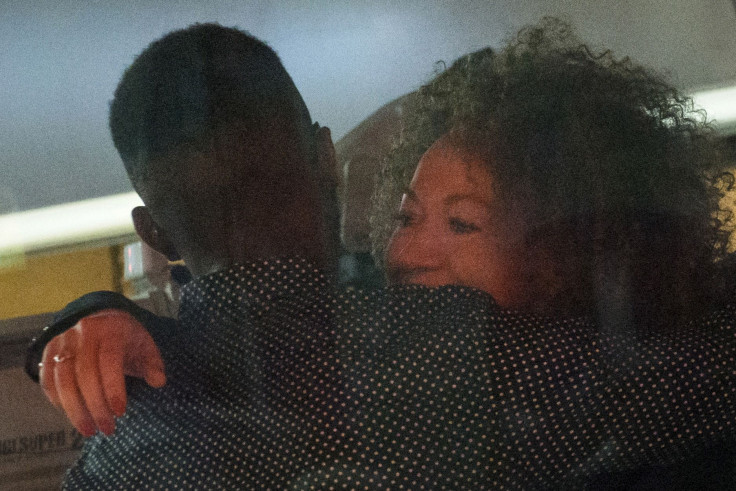Rachel Dolezal Book: Quotes From Memoir Reveal Thoughts On Black Identity

With the release of a new book, Rachel Dolezal is once again embracing the controversy that emerged after it was revealed that the former NAACP leader was not, as she claimed to be, an African-American. Dolezal’s memoir "In Full Color: Finding My Place in a Black and White World" was set to be released Tuesday.
Dolezal’s book details her childhood as a white girl in Montana struggling with her “inner blackness,” the New York Post reported Thursday. Though the book hasn’t yet hit stores, snippets of the writings emerged ahead of the official release:
“I was a Black-Is-Beautiful, Black liberation movement, fully conscious, woke soul sista. Finally allowed to blossom, I blossomed fast.”
“I usually picked a brown crayon rather than a peach one. Peach simply didn’t resonate with me.”
“The feeling that I was somehow different from [my family] persisted. I felt black and saw myself as black.”
“For me, blackness is more than a set of racialized physical features.”
“I would pretend to be a dark-skinned princess in the Sahara Desert or one of the Bantu women living in the Congo. Imagining I was a different person living in a different place was one of the few ways…that I could escape the oppressive environment I was raised in.”
“I’d stir the water from the hose into the earth…and make thin, soupy mud, which I would then rub on my hands, arms, feet and legs.”
“I could relate to aspects of [slave Jane Pittman’s] struggle. I certainly wasn’t enslaved…but it wouldn’t have been too much of a stretch to call me an indentured servant.”
“I felt less like I was adopting a new identity and more like I was unveiling one that had been there all along. Finally able to embrace my true self, I allowed the little girl I’d colored with a brown crayon so long ago to emerge.”
The 39-year-old claimed to be black for years until, in 2015, her parents revealed that she was white. A self-proclaimed civil rights activist, Dolezal led the National Association for the Advancement of Colored People and taught a college course in Africana studies before her true heritage was revealed. She eventually lost her jobs as a result of the controversy.
“It is very disturbing that she has become so dishonest,” her mother, Ruthanne Dolezal told the Couer d’Alene Press in 2015 while showing Dolezal’s birth certificate and childhood photos.
Dolezal said the book had been a “long progress” and that 30 publishing houses turned her down before one accepted.
© Copyright IBTimes 2024. All rights reserved.












